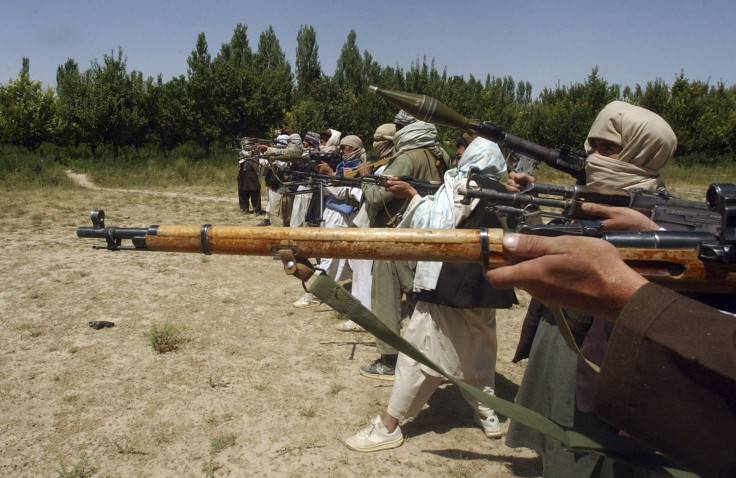Four-Country Talks On Taliban To Begin In Pakistan

Afghanistan, Pakistan, China and the United States are set to begin talks on Monday aimed at restarting the Afghan peace process and eventually ending 14 years of bloodshed fighting the Taliban insurgents.
Officials from the four countries will meet in Islamabad, Pakistan foreign office sources said, in what they hope will be a first step towards resuming stalled negotiations. The Taliban are not expected to attend the talks.
The Islamist militants have stepped up their violent campaign in the last year to oust the government in Kabul that is struggling after most foreign troops left at the end of 2014.
High-profile suicide attacks in the capital and major territorial losses in Helmand province have underlined how far the country remains from peace without major Taliban factions on board.
A previous fledging peace process last year was stopped after the Taliban announced that its founder, Mullah Omar, had been dead for two years, throwing the militant group into disarray and factional infighting.
Kabul has been trying to limit expectations of a breakthrough at Monday's talks, and has said the aim is to work out a road map for peace negotiations and a way of assessing if they remain on track.
Afghan Deputy Foreign Minister Hekmat Karzai and Pakistan's Foreign Secretary Aizaz Chaudhry will attend the talks on Monday, Pakistan foreign office sources told Reuters.
Besides an official from China, the U.S. Special Representative to Afghanistan and Pakistan Richard Olson or the U.S. ambassador would attend from the United States, a state department official said.
"It'll be an opportunity to further our partnership with Afghanistan, Pakistan and China in support of an Afghan-led, Afghan-owned reconciliation, which is what we've said all along we want to see," U.S. state department spokesman John Kirby said.
"We're obviously looking forward to ... to trying to make some progress here on what has been a very difficult issue."
Afghanistan last month turned to Pakistan, with which it shares a porous border from where the Taliban operate bases on both sides, for help in reviving the peace talks.
The Taliban, who are fighting to restore strict Islamic rule in place before the group was ousted from power in 2001, are split on whether to participate in any future talks.
Some elements within the group have signaled they may be willing to send negotiators at some point, but other factions remain opposed to any form of negotiation with Kabul.
Afghanistan suffered one of its bloodiest years on record in 2015. More than 3,180 Afghan civilians were killed, a record high, the United Nations said, bringing the number killed since 2009 to more than 17,000.
© Copyright Thomson Reuters 2024. All rights reserved.




















